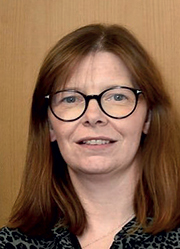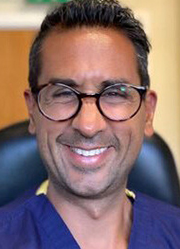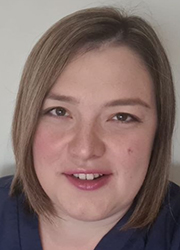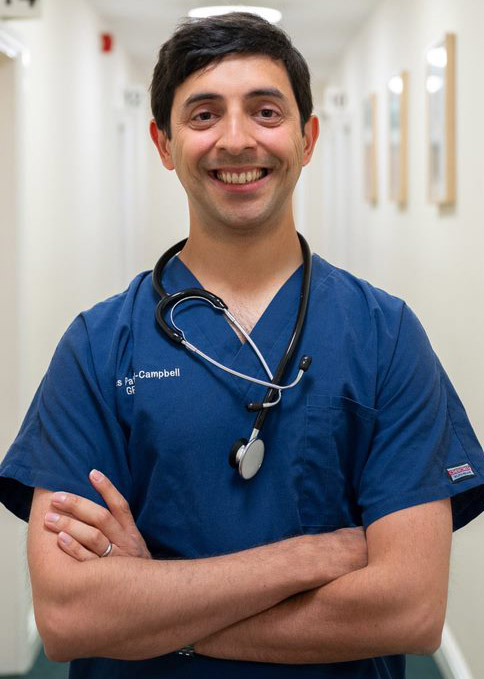
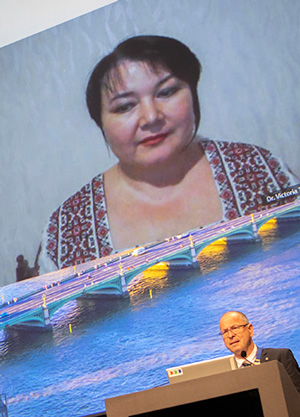
GP Lives: A message from Kyiv
Chris is a GP partner in Aberdeen and became the new Chair of RCGP Scotland, in November
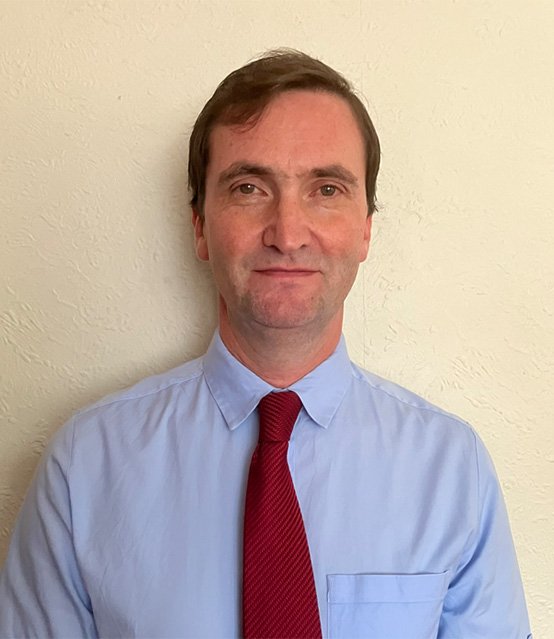
Why did you choose to be a GP?
I went on work experience at our local practice and really enjoyed the human contact element which is so central to being a GP. While I considered pursuing other areas of medicine at medical school, as when I started as a trainee in my practice I thought, “This is what I want to do. I’ve arrived.” Almost thirty years on, I'm still very happy with the choice I made.
What's the best thing about being a GP?
If I could boil it down to two things it would be working alongside the team of professional, yet funny, people I work with and secondly, the privilege of sharing life’s difficulties with patients and trying to help them where I can.
What's the most frustrating thing about being a GP?
It is frustrating often having only a short amount of time with patients. Flexibility to plan longer consultations when required would be greatly beneficial for patients and GPs alike.
What are you most proud of in your career?
I'm most proud of having worked in the same practice for almost 30 years, providing the best possible care for patients even through the challenges of Covid and today's pressures.
What has been the most important lesson you have learnt during your career?
Don’t jump in and make assumptions - and be kind.
What has been the biggest change you've seen in general practice?
The intensity of being a GP has heightened due to the increase in demand and expectations.
Why do you think it's important to be a College member?
The College is the professional home for GPs. There is a huge amount of evidence to show that having more GPs and enabling relationship-based medicine helps patients. We need to promote the value of what we do as a human approach to medicine. If we are to continue to provide this valuable service, we need to train and support the next generation of talented doctors. I see the College as having a crucial role to play in supporting GPs throughout the scope of their career from First5 to mid-career and beyond.
What do you see as your biggest challenge in becoming Chair of RCGP Scotland?
We need to be able to articulate the value of what we contribute as primary care professionals and ensure policymakers understand that we as GPs are crucial to delivering solutions to some of our national problems. Balancing the need to communicate the difficulties we face as well as the many positives of being a GP is certainly complex, but something I am very much looking forward to tackling as Chair.
What do you hope to achieve over the next three years in your new role?
There are several things I'm hoping to achieve in post, including but not limited to:
- Listening to GPs and representing their views
- Improving recruitment, retention and investment in general practice.
- Making the system and the public more aware of the value of the work GPs do and the evidence base behind this - we are not "just a GP."
- Emphasising that being a GP is a very rewarding career.
- Supporting trainees, especially International Medical Graduate colleagues.
What would you be if you weren't a GP?
If I had my time again, I would still choose to be a GP, but if that weren't an option I'd take playing football for Scotland (that never quite worked out, sadly!) Otherwise, perhaps a writer or historian.
Read more
Thank you for your feedback. Your response will help improve this page.
